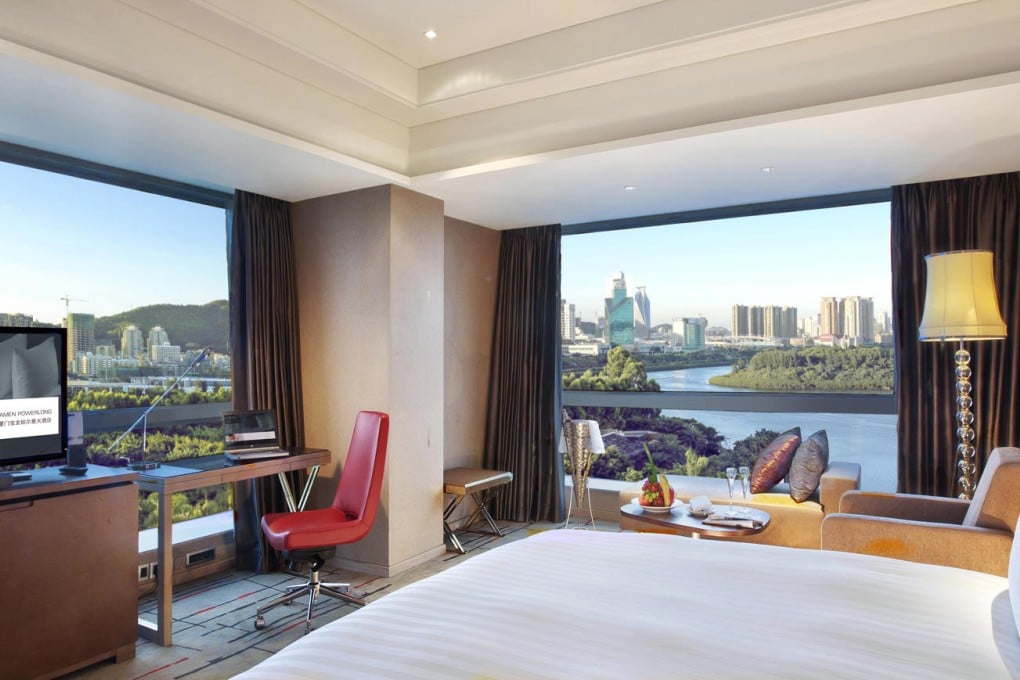Opinion | Sentiment bullish on China's hotel sector
Growth in occupancy rates raises hopes for market despite concerns over glut in industry and state crackdown on corporate spending

China's hospitality sector sees a ray of hope after hotels in major cities reported a mild growth in occupancy rates last year, allaying long-simmering concerns of a glut in the industry.
"China is a wonderful place and a great market for us to tap," said Ji Qi, the chairman and chief executive of Huazhu Hotels Group, which operates more than 1,800 hotels across 280 Chinese cities. "Demand for cosy hotel rooms and high-quality services is increasing, and hotels that can make visitors feel safe, reliable and comfortable will make profits."
A supply-demand imbalance has weighed on China's hospitality sector since 2010 as more hotel rooms came on the market amid a lack of mega international events such as the 2008 Beijing Olympics and Shanghai World Expo.
The Communist Party's austerity campaign from 2013 exacerbated an already bearish sentiment since government officials and state-owned company executives have cut back on spending during business travels.
However, the occupancy rate of Beijing-based hotels still increased to 63.6 per cent last year from 59.5 per cent in 2012, while in Shanghai, the rate climbed to 71 per cent from 66.2 per cent, according to JLL.
"The purchasing power of China's middle class must have been underestimated when the gloomy sentiment dominated the hotel market," said Mandy Li, a senior vice-president at JLL's hotels and hospitality arm. "The upward momentum looks set to continue and the long-term outlook appears to be bullish."
Internet services firms, buoyed by increased interest in online shopping and digital banking products, had also become a major driving force for the hospitality sector as employees travelled more around the country to develop business, Li added.
